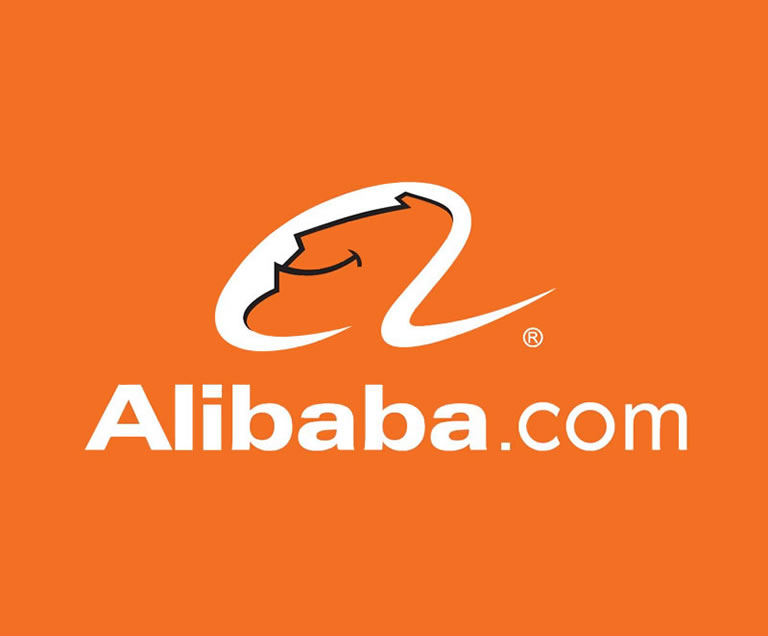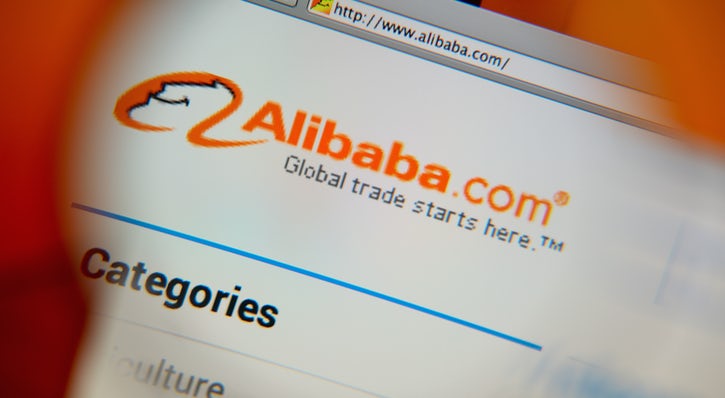Alibaba Group Holding Limited (NYSE: BABA) today announced the launch of “A100,” a strategic partnership program that offers companies a holistic one-stop solution to accelerate their digital transformation. Members of A100 will develop a deep and longstanding working relationship with Alibaba businesses across multiple functions and platforms to co-create the best values that are efficient, effective and sustainable in the digital era.
The A100 initiative was announced at the inaugural “Alibaba ONE Business Conference” in Hangzhou. The name, “A100,” symbolizes Alibaba’s goal of providing digitized solutions to a large number of companies.

The A100 program is built on the “Alibaba Operating System,” which was showcased at the conference. The creation of the Alibaba Operating System is indeed a part of company’s natural progression from an e-commerce provider to an integrated global technology company. As Alibaba has expanded its business from pure e-commerce into digital entertainment and local services, the power of its infrastructure has grown to cover sales, logistics, supply chain optimization, payments, marketing and a wide range of supporting services all powered by cloud-based technologies. With those strong cloud-computing capabilities, the infrastructure is able to process a massive flow of data, offering insights and analytics instrumental to better meeting customer needs and growing their business. New Retail is a key interface through which businesses can tap into the Alibaba Operating System.
The Alibaba ONE Business Conference also highlighted the success of New Retail – a model pioneered by Alibaba to integrate online and offline retail through digitizing store-based operations. New Retail has gained strong ground in the past two years, with over 1,200 brands having digitized and upgraded more than 200,000 offline stores into “smart stores.”
Alibaba is now offering the Alibaba Operating System to companies of all sizes through the A100 program, which lets them choose from an exhaustive menu of services to enhance their business operations. Alibaba will establish a cross-platform integrated account-serving team to supervise the implementation of A100 and will start with partners already in the company’s ecosystem. The program will gradually expand to other brands looking to optimize their digital operations.
“With over 600 million monthly active users and nearly 30 business units specializing in enterprise services from digital retail, mobile payments and digital marketing to IT infrastructure and more, Alibaba is the leading partner for businesses within China and around the world. Collaboration with Alibaba helps companies and brands capitalize on growing consumption by China’s middle class. The A100 initiative, powered by the Alibaba Operating System, will be a one-stop shop for businesses to access a comprehensive range of enterprise services in the digital era,” said Daniel Zhang, CEO of Alibaba Group.
 “Many partners have gained enhanced operational efficiency and business growth through a deep partnership with Alibaba. Synergies generated by our ecosystem are creating new avenues for sales and distribution, and catalysing product innovation to capture opportunities in lifestyle upgrades across China. We look forward to adding many more global and Chinese domestic companies to the A100 strategic partnership program in the near future,” added Zhang.
“Many partners have gained enhanced operational efficiency and business growth through a deep partnership with Alibaba. Synergies generated by our ecosystem are creating new avenues for sales and distribution, and catalysing product innovation to capture opportunities in lifestyle upgrades across China. We look forward to adding many more global and Chinese domestic companies to the A100 strategic partnership program in the near future,” added Zhang.
One of the early successes of the Alibaba cross-platform partnership is Nestlé. While strengthening its core B2C business through its Tmall flagship store, Tmall Supermarket and Rural Taobao, Nestlé has recently expanded into new Alibaba channels, such as Lingshoutong, FRESHIPPO (previously known as Hema) supermarket and RT-Mart. In addition, Nestlé has established a strong digitization-focused collaboration with Alibaba on a number of projects based on market and category insight and consumer understanding generated from various platforms available in the ecosystem. In 2018, Nestlé signed a strategic partnership with Cainiao, the logistics arm of Alibaba Group, which enabled Nestlé to consolidate four distributors serving the Alibaba-related business into one and introducing the “One Set” inventory system to fulfill online orders. As a result, Nestlé can fully leverage Cainiao’s intelligence to sort products and manage inventories according to consumers’ preferences in different regions, reducing the proportion of cross-region parcels and speeding up deliveries.
In August 2018, Alibaba and Starbucks formed a deep, strategic New Retail partnership that enabled a seamless Starbucks experience and transformed the coffee industry in China. Starbucks collaborates across key businesses within the Alibaba ecosystem, including China’s leading on-demand food delivery platform Ele.me, FRESHIPPO supermarket, Tmall, Taobao and Alipay. Starbucks delivery program is today available across 2,000 stores in 30 cities in China in partnership with Ele.me. Starbucks also partners with FRESHIPPO supermarket to create “Star Kitchens” specifically designed for Starbucks delivery order fulfillment, further expanding delivery capabilities. In December 2018, Starbucks launched its first virtual store in China powered by technology from Alibaba Group, providing a unified, one-stop digital experience across the Starbucks app and mobile apps within the Alibaba ecosystem.
 Luoyang Yunchang Machinery Equipment Co., Ltd
Luoyang Yunchang Machinery Equipment Co., Ltd
